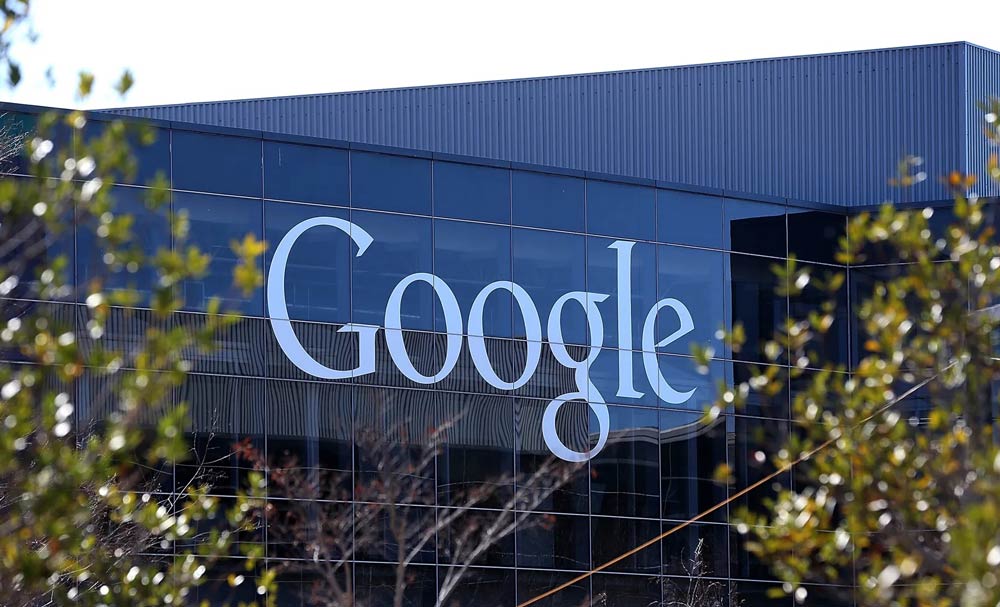In a landmark development, Google is facing a £5 billion ($6.6 billion) class-action lawsuit in the United Kingdom over allegations of abusing its “near-total dominance” in the online search advertising market. The lawsuit, filed in the U.K. Competition Appeal Tribunal, underscores the growing global scrutiny of Big Tech’s influence, particularly in markets where their dominance has effectively stifled competition.
The case, brought forward by competition law expert Or Brook and represented by Geradin Partners, alleges that Google leveraged its dominant market position to restrict competing search engines and inflate advertising costs for businesses. This lawsuit covers all U.K.-based organizations that used Google’s search advertising services from January 1, 2011, through the filing date in 2025.
The Core Allegations
The lawsuit accuses Google of taking deliberate steps to maintain its monopoly in the search advertising market by:
- Pre-installation Deals: Entering into agreements with smartphone manufacturers to pre-install Google Search and Chrome on Android devices.
- Payments to Apple: Paying billions to Apple to ensure that Google remains the default search engine on the Safari browser.
- Restricting Third-Party Tools: Allegedly ensuring that its search management tool, Search Ads 360, offers better functionality and features with Google’s own advertising products compared to competitors’.
These practices, according to Brook, have left U.K. businesses with “almost no choice” but to rely on Google ads to advertise their products and services. “This class action is about holding Google accountable for its unlawful practices and seeking compensation on behalf of U.K. advertisers who have been overcharged,” Brook said.
Market Dominance in Numbers
A 2020 market study conducted by the U.K.’s Competition and Markets Authority (CMA) found that Google earned 90% of all revenue in the search advertising market. This overwhelming dominance has raised concerns about the lack of meaningful competition and the impact on advertising costs, which are ultimately passed on to consumers.
The lawsuit is not only significant for its financial implications but also for its potential to reshape how dominant firms in the tech industry operate in competitive markets.
Global Context: Big Tech Under Fire
This legal challenge is part of a broader wave of regulatory scrutiny and lawsuits targeting Big Tech firms across the globe. For example:
- European Union: In 2018, Google was fined €4.3 billion ($4.9 billion) by the EU for abusing the dominance of its Android operating system by bundling Google Search and Chrome with its Play Store. Google is still appealing this antitrust penalty.
- United States: Meta, the parent company of Facebook, is currently facing an antitrust lawsuit from the Federal Trade Commission (FTC) in a trial that may force the company to divest Instagram and WhatsApp.
- United Kingdom: The CMA recently raised competition concerns in the cloud computing market, targeting Amazon and Microsoft for their alleged anti-competitive practices.
This growing trend highlights how regulators and legal systems are attempting to curb the unchecked power of Big Tech companies, which have become essential platforms for businesses and consumers alike.
Economic Implications
The economic implications of the Google lawsuit are profound. If successful, it could lead to significant compensation for U.K. businesses that have relied on Google’s advertising services for over a decade. However, the broader impact lies in the potential for increased competition in the search advertising market, which could lead to lower advertising costs and greater innovation.
For businesses, this case could signal a shift toward a more level playing field where smaller competitors have a fairer chance to challenge dominant players. For consumers, the ripple effects may include reduced costs for goods and services as businesses face lower advertising expenses.











